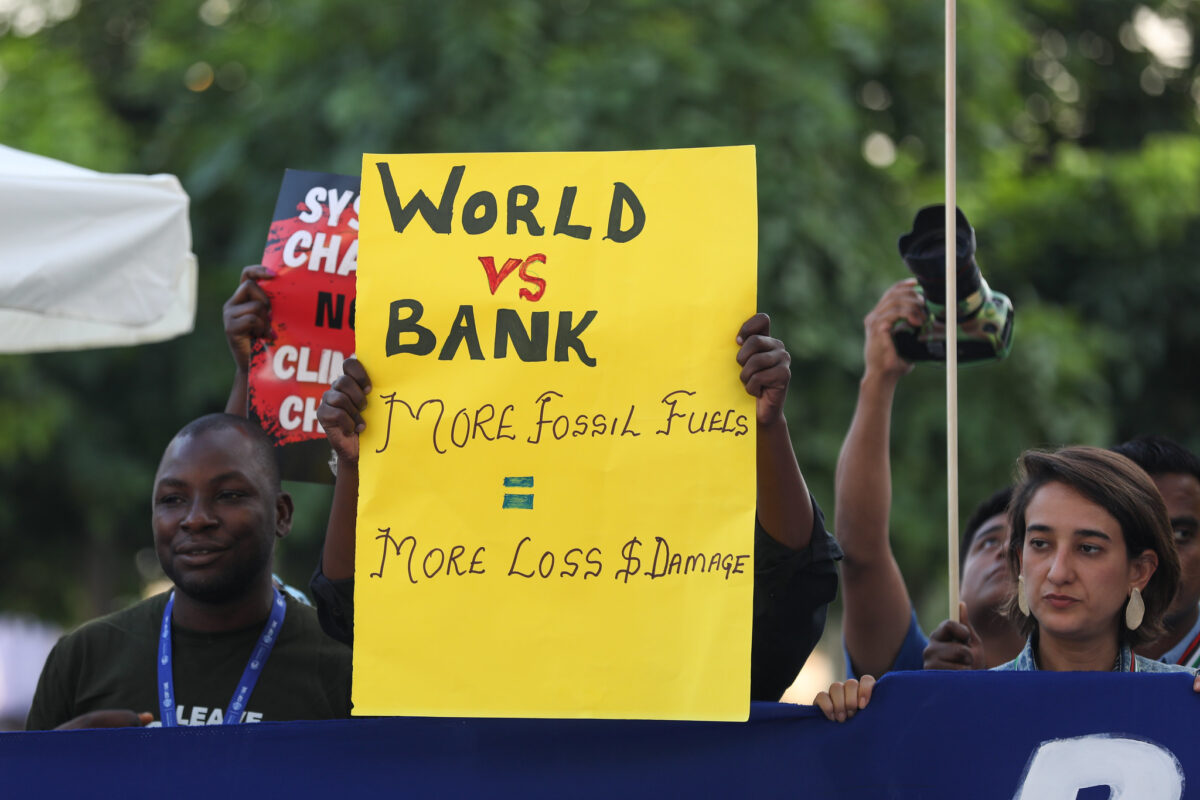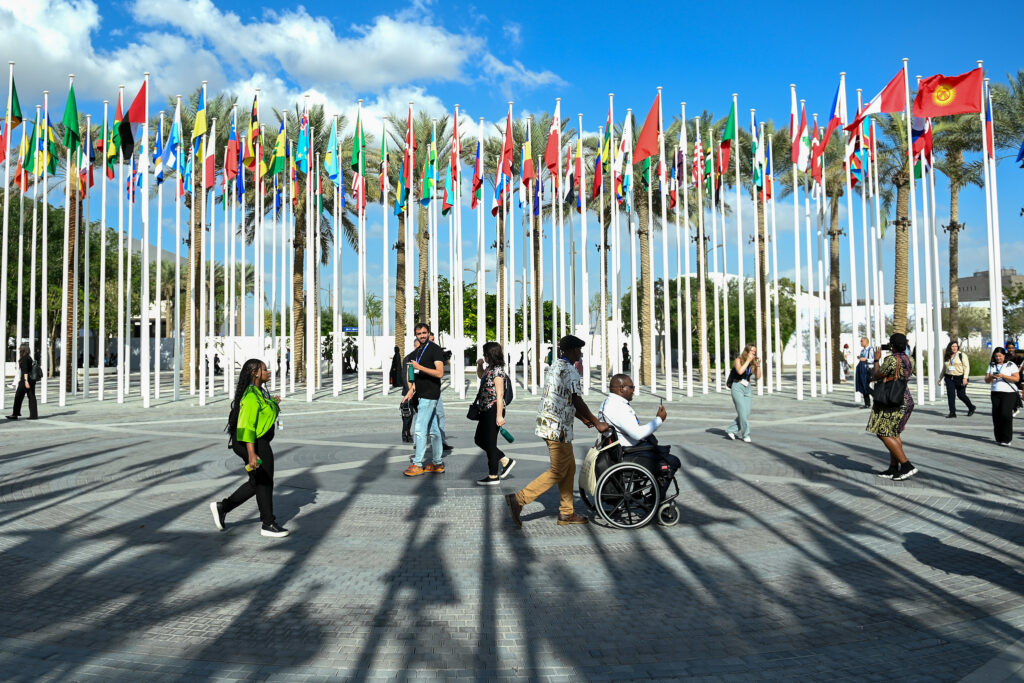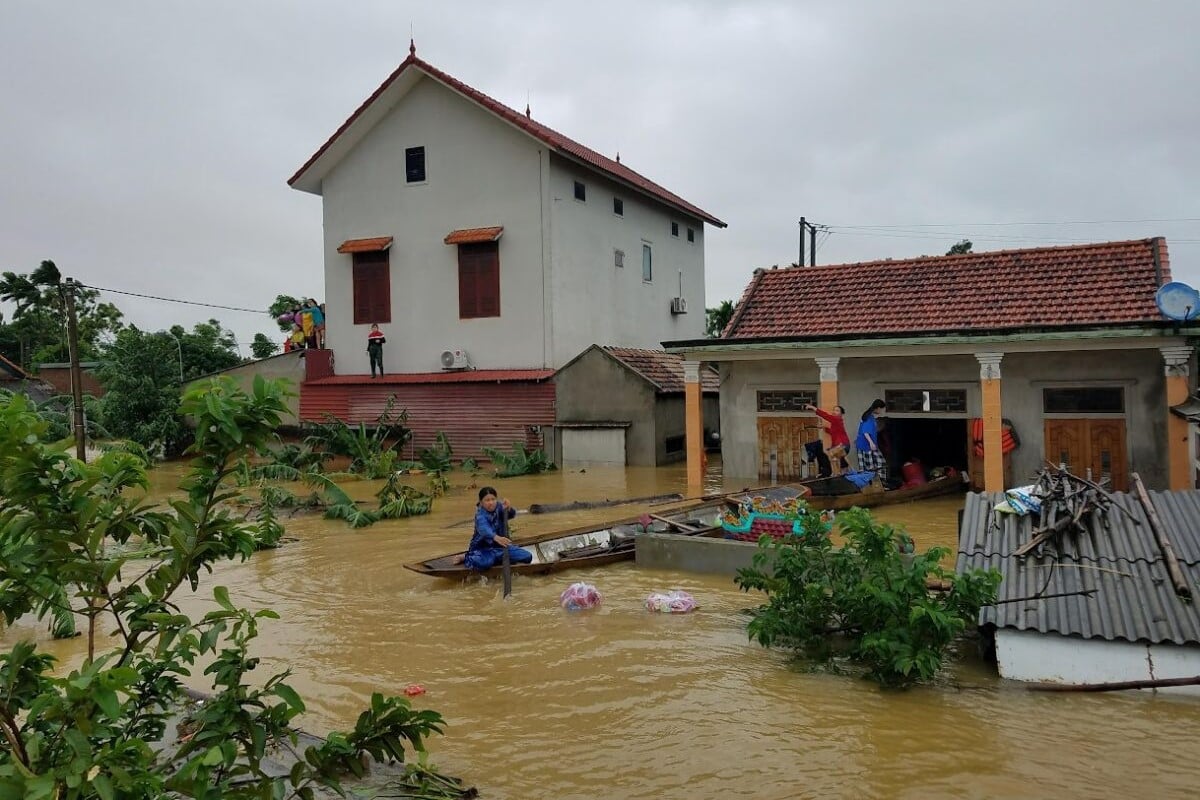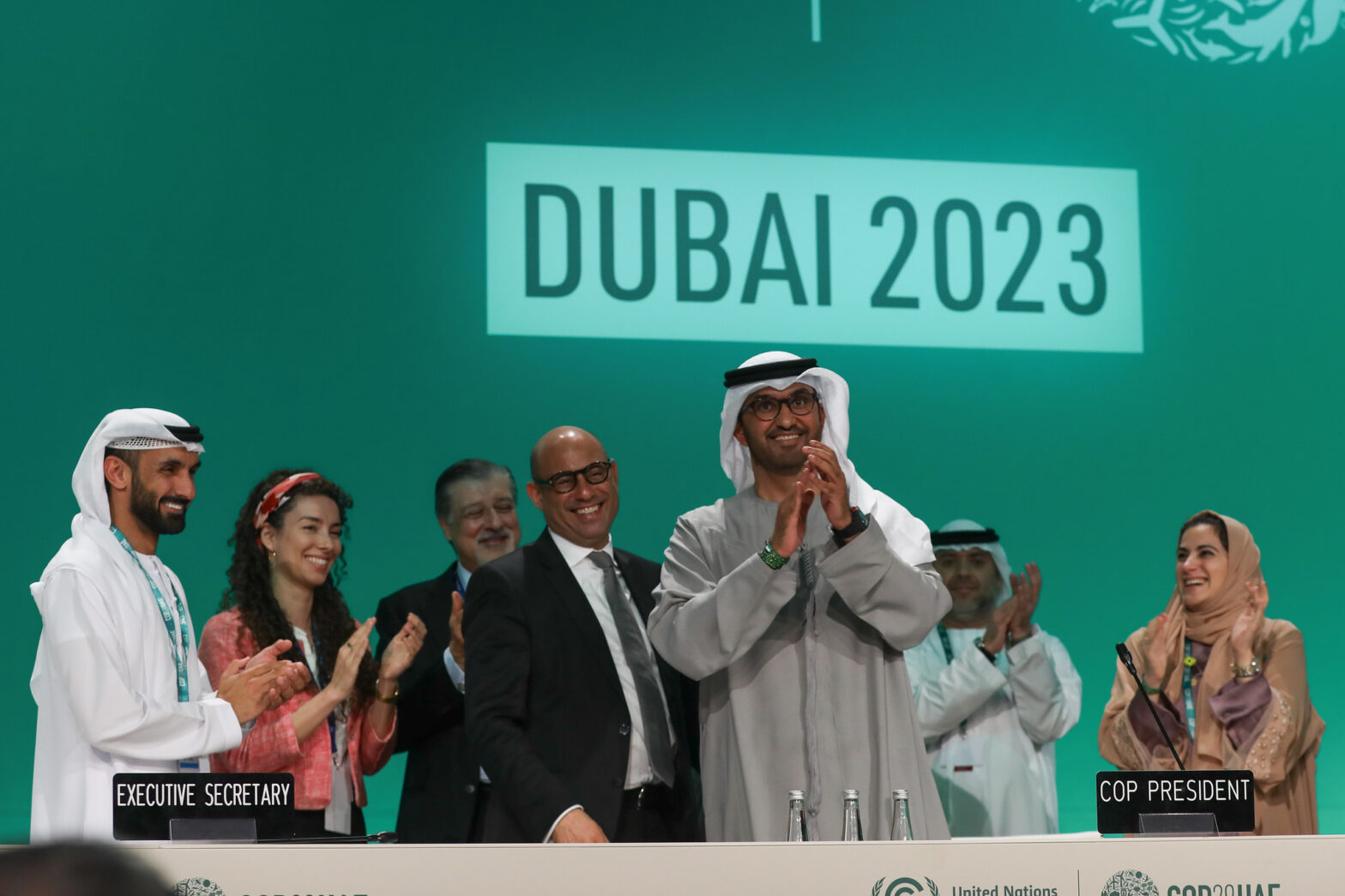DUBAI, UNITED ARAB EMIRATES — Thailand is seeking grants from climate funds while minimizing loans in its quest to achieve climate targets. However, it will also collaborate with the domestic private sector to introduce more green technology on the way to net zero in the case of an insufficient availability of grants.
After many countries committed to achieving net zero by 2050, Thailand decided to delay its target to 15 years later if it does not receive adequate support from the global community.
“We will reach net zero in the next four decades with our current [technology] capacity and resources,” said Phirun Saiyasitpanich, the leader of the Thai delegates at COP28. He added that Thailand could re-evaluate the target to accelerate the path to net zero if it gets more resources.
“We will not commit to anything we cannot do,” he said.
The country has pledged to cut greenhouse gas emissions by 30% by 2030, or 40% if it receives capacity building, technology and financial support. The energy sector, plus transport, are the key players as they release nearly 70% of emissions in the country.
In the past few years, Thailand has been able to obtain grants for climate mitigation and adaptation projects, while avoiding loans whenever it can.
One month before COP28, the country signed a deal with GIZ and the Green Climate Fund that provided a US$41 million grant to promote low-emission and climate-resilient rice farming during the project’s five-year implementation period. It benefits more than 250,000 smallholder farmers and mitigates 2.4 million tons of CO2 equivalent.
The country reported that it had received some small-project grants from the Global Environmental Fund, which has supported the improvement of energy efficiency in various business groups, including industry and small- and medium-sized enterprises.
It is expected to seek a $3 million grant to further support a project that will turn the cement production hub of Saraburi province in central Thailand to net zero.
“We will continue to write proposals after COP28 to get support from as many sources as possible,” said Phirun. “We don’t say no [to loans], but we will try to keep them to a minimum.”
United Nations Secretary-General António Guterres said in his remarks at COP28 that less than 30% of climate finance given by wealthy nations is in the form of grants. The rest comes as loans and adds more debt to developing countries.
Prioritizing climate grants is part of Thailand’s strategy to avoid additional public debt, which has surpassed its ceiling at 60% of GDP. However, this may limit access to sufficient resources used for the path toward net zero, unlike loans that wealthy nations are more willing to give.
Vietnam, on the other hand, still has space to absorb more debt and chose to move forward with loans through the Just Energy Transition Partnership – which will provide the country with $15.8 billion, of which 98% will be loans – to help it initiate more renewable projects and achieve net-zero by 2050.
Public debt in Vietnam is 34% of GDP and is yet to hit the ceiling, according to the International Monetary Fund.
Apart from seeking grants, Thailand also focused on collaboration with the domestic private sector to boost technology for climate mitigation and adaptation.
“The achievement of technology transfer and development requires the private sector, which is ready and willing to change because it is pressured by the global community [to be greener],” said Surachai Sathitkunarat, an executive director at the APEC Center for Technology Foresight group under the Ministry of Higher Education, Science, Research and Innovation.
“The state alone cannot make the country achieve the climate goals. We need to facilitate the development of technology in the private sector and move forward together.”
One of the main players in green technology is SCG, the country’s largest cement producer that has made hydraulic cement with a low-carbon emission manufacturing process, replacing the use of coal with renewables.
Oil company Bangchak is also implementing a project to produce aviation fuel from cooking oil, which can reduce CO2 emissions by 80% compared with the present fuels widely used in the market.
Meanwhile, energy giant PTTEP has invested more than $400 million in carbon capture and storage technology at one of its gas fields.
As a Thai delegate on technology transfer and development, Surachai said the country will look for more accessibility to high technology like green hydrogen or carbon capture and storage through the mechanism of climate negotiation.
The story was produced as part of the COP28 Climate Change Media Partnership Reporting Fellowship co-organized by the Internews’ Earth Journalism Network and the Stanley Center for Peace and Security.






